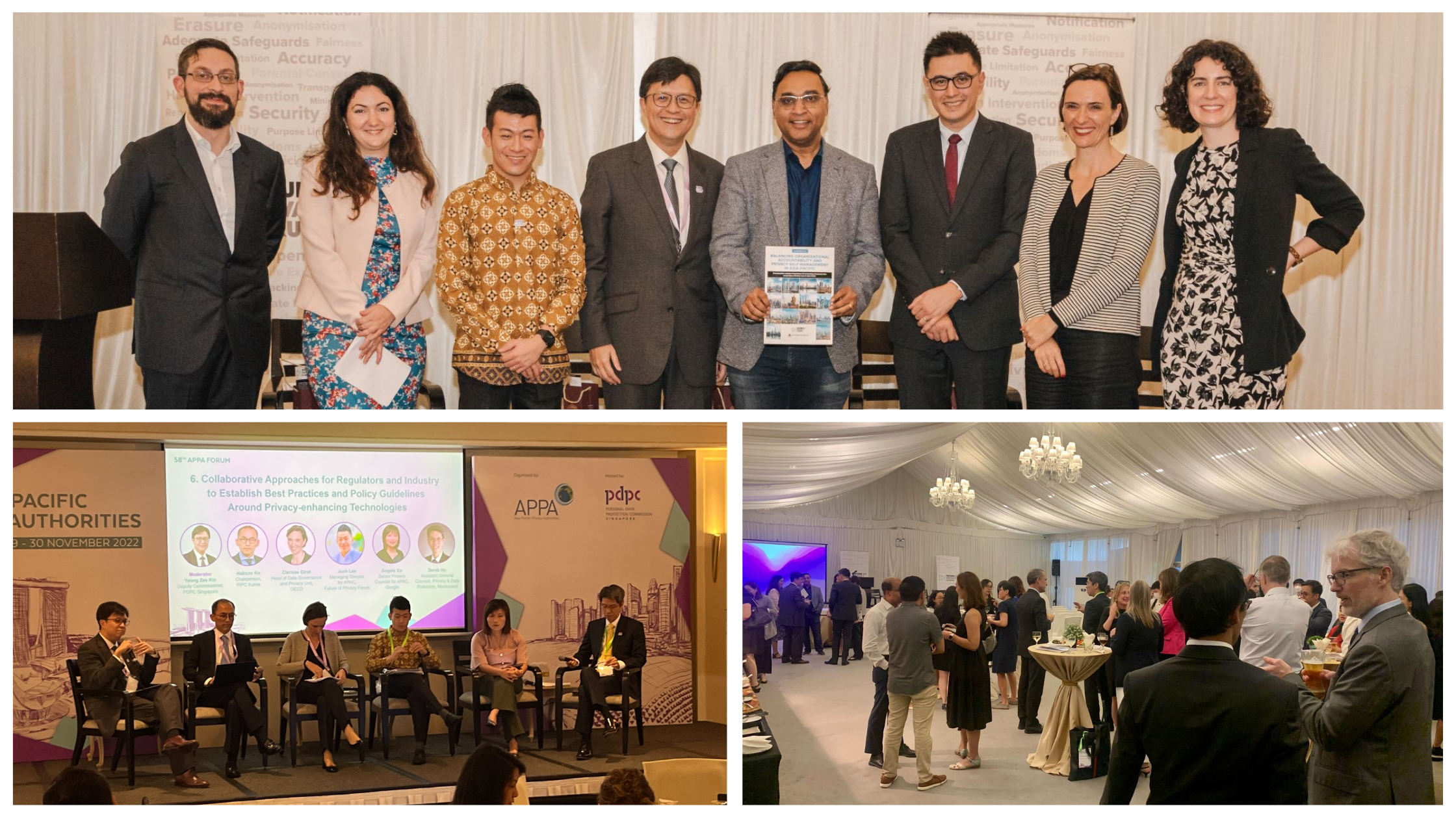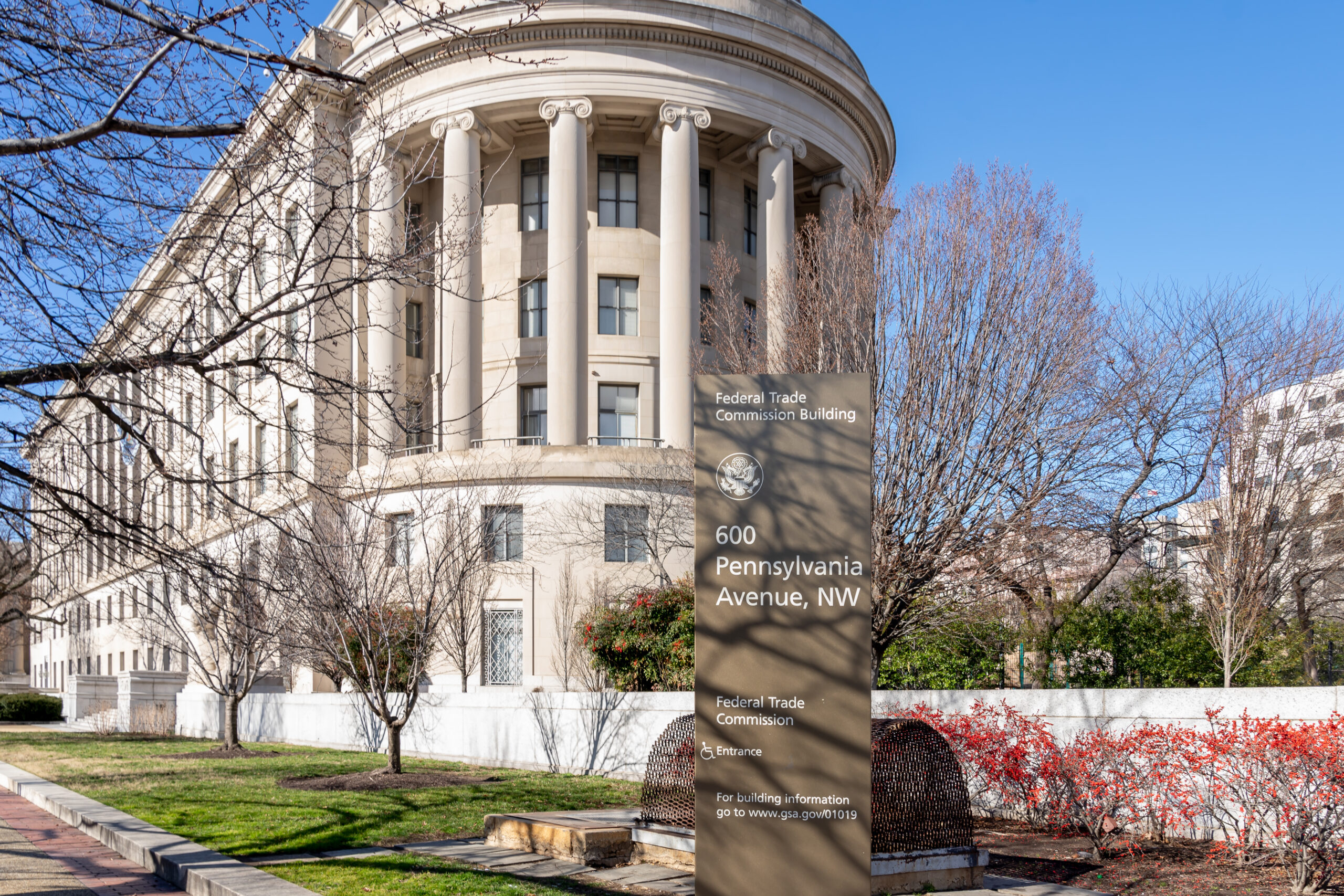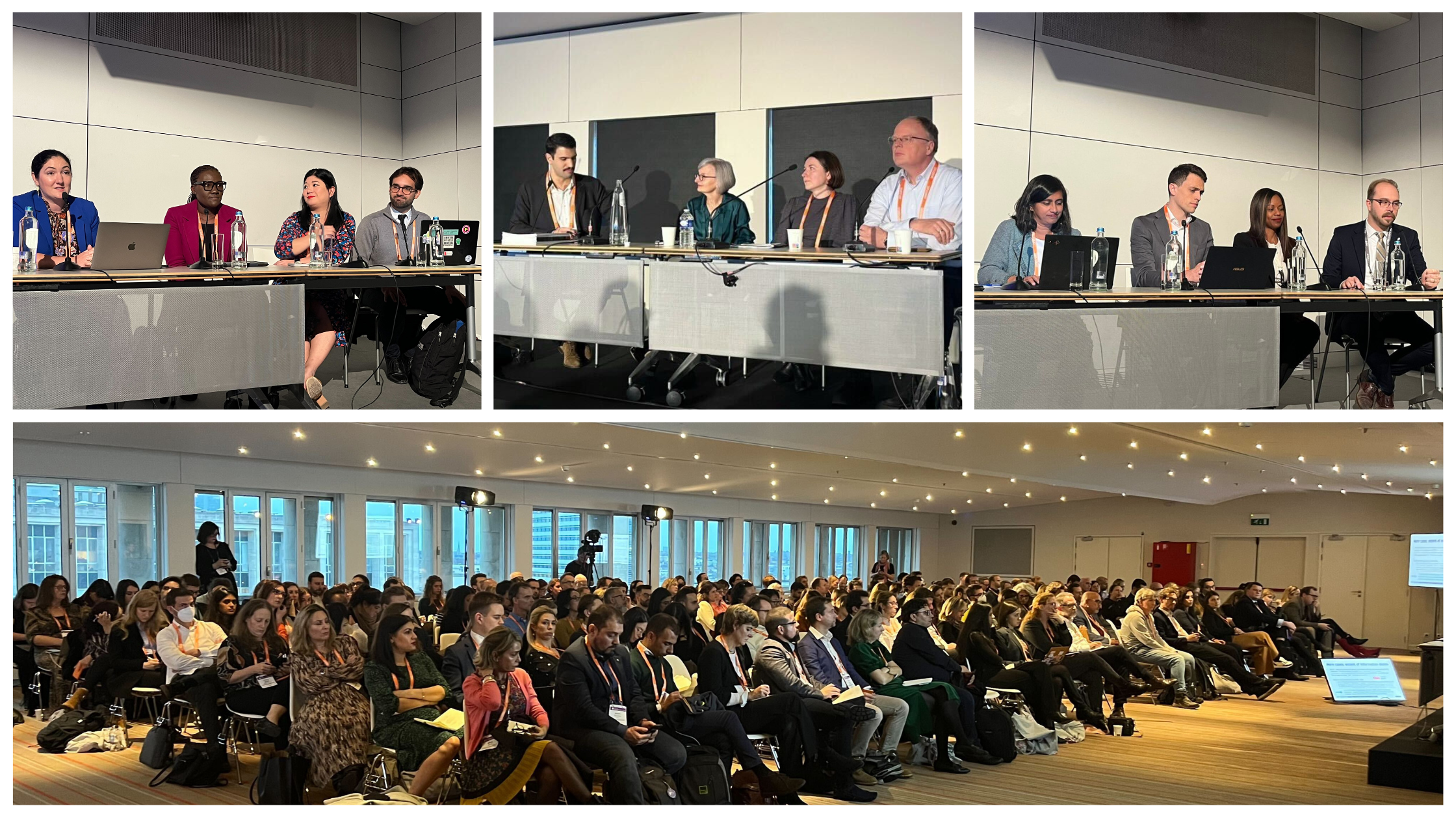
Workplace Discrimination and Equal Opportunity
Why monitoring cultural diversity in your European workforce is not at odds with GDPR Author: Prof. Lokke Moerel* The following is a guest post to the FPF blog from Lokke Moerel, Professor of Global ICT Law at Tilburg University and a lawyer with Morrison & Foerster (Brussels). The guest blog reflects the opinion of the […]

FPF Statement on President Biden’s 2023 State of the Union Address
“Data protection and privacy are fundamental human rights. The benefits of modern technology in areas like mobility, health care, and education cannot be fully realized until a clear, comprehensive federal privacy law is enacted. Americans will benefit from a standard that provides individuals with needed protections and organizations with certainty and guidance. While privacy is […]

7 Tips For Protecting Your Privacy Online
Today, almost everything we do online involves companies collecting personal information about us. Personal data is collected and regularly used for a number of reasons – like when you use social media accounts, when you shop online or redeem digital coupons at the store, or when you search the internet. Sometimes, information is collected about […]

The Future of Manipulative Design Regulation
Regulators in the United States and around the globe are bringing enforcement actions and crafting rules intended to combat manipulative design practices online. These efforts are complex and address a range of consumer protection issues, including privacy and data protection risks. They raise thorny questions about how to distinguish between lawful designs that encourage individuals […]

FPF in 2022: A Year in Review
As 2022 comes to an end, we wanted to reflect on a year that saw the Future of Privacy Forum (FPF) expand its presence both domestically and around the globe, while producing engaging events, thought-provoking analysis, and insightful publications. Global Expansion In 2022, FPF closely followed and advised upon significant developments in Asia, the European […]

Event Report: FPF APAC and ABLI Report Launch Event and Panel on sidelines of 58th Asia Pacific Privacy Authorities (APPA) Forum in Singapore
Edited by Josh Lee Kok Thong and Isabella Perera On November 30, the Future of Privacy Forum (FPF) and the Asian Business Law Institute (ABLI) held a joint event to launch their new report, “Balancing Organizational Accountability and Privacy Self-Management in Asia-Pacific,” which provides a detailed comparison of the legal bases for processing personal data […]

Record Set: Assessing Points of Emphasis from Public Input on the FTC’s Privacy Rulemaking
More than 1,200 law firms, advocacy organizations, trade associations, companies, researchers, and others responded to the Federal Trade Commission’s Advance Notice of Proposed Rulemaking (ANPR) on “Commercial Surveillance and Data Security.” Significantly, the ANPR initiates a process that may result in comprehensive regulation of data privacy and security in the United States, and also marks […]

FPF at IAPP’s Europe Data Protection Congress 2022: Global State of Play, Automated Decision-Making, and US Privacy Developments
Authored by Christina Michelakaki, FPF Intern for Global Policy On November 16 and 17, 2022, the IAPP hosted the Europe Data Protection Congress 2022 – Europe’s largest annual gathering of data protection experts. During the Congress, members of the Future of Privacy Forum (FPF) team moderated and spoke at three different panels. Additionally, on November […]

Five Big Questions (and Zero Predictions) for the U.S. State Privacy Landscape in 2023
Entering 2023, the United States remains one of the only global economic powers that lacks a comprehensive, national framework governing the collection and use of consumer data throughout the economy. Congress made unprecedented progress toward enacting baseline privacy legislation in 2022. However, the apparent impasse in the efforts to move H.R. 8152, the American Data […]

Protected: 14th Annual Advisory Board Meeting 2023
There is no excerpt because this is a protected post.
